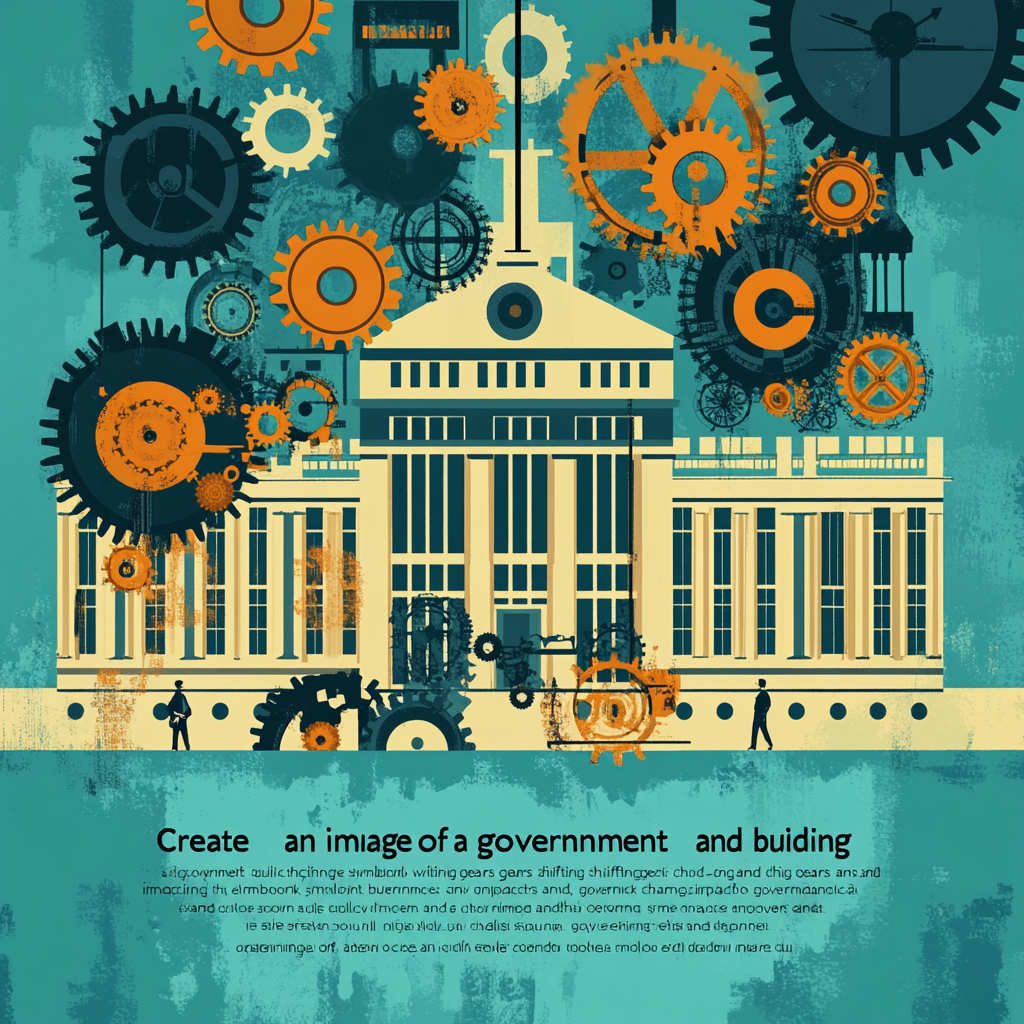
“Breaking: New Policy Shifts Impact Governance”
In the carpet of laws and policies that make up our legal landscape, any given day can feel like a riveting episode from a never-ending series—full of twists, turns, and a cast of complex characters. Recent legislative happenings across the United States have certainly served up a hearty blend of drama, intrigue, and, for many, a sprinkle of joy or a dash of despair. Buckle up, my friends, as we take a nuanced journey through the latest legislative shifts that are reshaping American life.
To kick things off, let’s dip our toes into the pool of worker rights and healthcare. In shining California, a fresh minimum wage law has been rolled out, bringing a glimmer of hope to the often-overlooked health care workers, those diligent souls on the front lines of our wellness. This move underscores the Golden State’s burgeoning commitment to worker welfare, elevating the voices of those who tirelessly care for others, sometimes at the expense of their own well-being. But of course, with every gain, there are challenges; the University of California is currently facing a legal challenge regarding campus employment for undocumented students. Imagine the scene: a group of determined individuals standing against the robust tide of federal regulations, seeking a space in the workforce that’s often denied to them. It’s the stuff of a legal drama.
Now, shift your gaze to the ever-churning rules of elections and voting. In New York, a bold attempt to synchronize local elections with state and federal races has hit a snag, as a state judge has sent that proposal packing, citing concerns over the integrity of the electoral process. This raises the question: how far should we go to boost voter turnout without jeopardizing the sacred ground that is our election system? Meanwhile, over on the West Coast, Oregon officials have scrubbed 302 names from the voter rolls due to insufficient proof of citizenship. This brings to light a debate that has simmered long and hard: who gets to play in the democratic sandpit, and what proof do they need to bring?
Let’s pivot to a topic that ignites reactions like no other: gun laws. A group of passionate advocates in Massachusetts is rallying to repeal a recent gun law through a ballot initiative in 2026. This brewing storm reflects the national conversation surrounding gun control and public safety—one that feels decidedly less like a calm discussion and a lot more like an all-out brawl. In a similarly charged atmosphere, a federal judge in Alabama has upheld an injunction against a piece of the state’s absentee ballot law, which limits who can help voters apply for those much-needed ballots. The tension here is palpable—good intentions or bureaucratic overreach?
Next, we delve into consumer protection and environmental policies, two areas that often collide amid the complexities of societal expectations and corporate realities. California Governor Gavin Newsom has recently signed a revamped "Lemon Law," taking aim at defective vehicles. It’s a noble effort, though one can't help but wonder how much it might complicate the relationship between consumers and auto dealers. Stay tuned, because this ride isn’t over yet! On the environmental front, a bill aimed at shielding Californians from sudden gas price spikes is cruising its way through the Assembly. This law is about more than just stabilizing costs; it's a statement about economic resilience and energy independence in a world that can often feel like it’s spinning unpredictably.
And speaking of unpredictability, let’s dive into the contentious waters surrounding reproductive rights. The Georgia Supreme Court is in the spotlight, having reinstated a law that allows abortions up to six weeks, thereby flipping the script on a prior ruling that provided a longer window for expectant individuals. This legislation isn’t just a matter of policy; it’s a personal upheaval, using the law as a chess piece in the broader game of rights and freedoms.
Now, let’s sprinkle in a dose of technology with a dash of democracy. Senator Chris Coons has taken up the banner against deepfakes, championing legislation to mitigate the chaos these digital impersonators can wreak on the public trust. As we slide into an era where the line between truth and fiction blurs dangerously, one wonders: how can we reinforce the pillars of our democracy when our very perception of reality is under siege?
Last but certainly not least, our federal landscape is buzzing with a slew of noteworthy bills that are making waves in Congress. The "Tax Relief for American Families and Workers Act of 2024" and the "Social Security Fairness Act of 2023" are just two standout pieces of legislation vying for public attention. Both bills reflect the ongoing tug-of-war over American livelihoods, social equity, and the efforts to balance the scales of our collective economic burdens.
As we weave through this vibrant tapestry of laws, it becomes clear that legislation is not merely a series of dry statutes—it’s a dynamic interplay of power, advocacy, and survival, impacting every corner of our society. Each new law can be a beacon of hope or a harbinger of struggle, revealing the age-old truth: politics is not for the faint-hearted.
So, as we navigate this rollercoaster of policies and principles, stay sharp, my friends. These legal shifts don’t just happen in a vacuum; they ripple through our daily lives, influencing everything from our healthcare and workplace rights to our voting experiences and personal freedoms.
Want to stay up to date with the latest news on neural networks and automation? Subscribe to our Telegram channel: @HighriskandPayments

